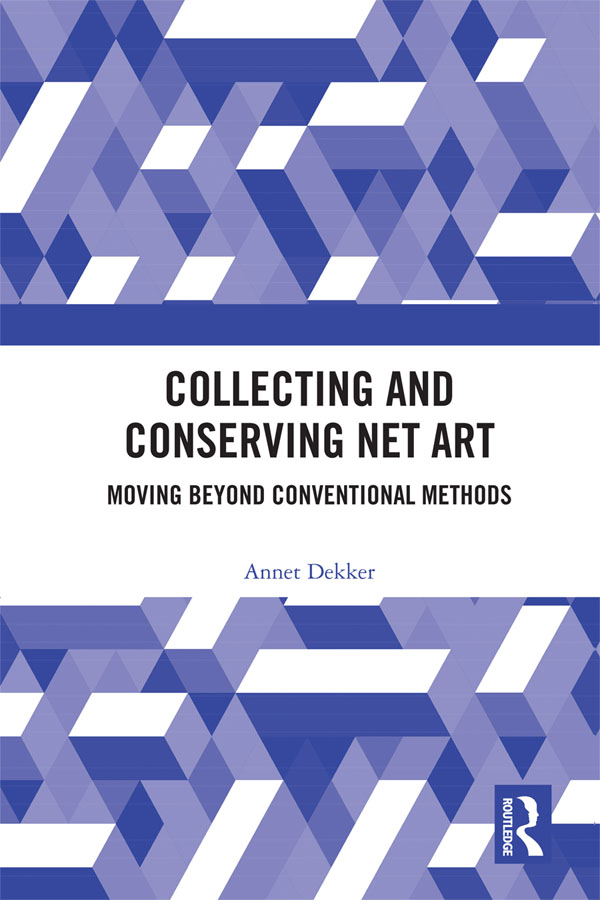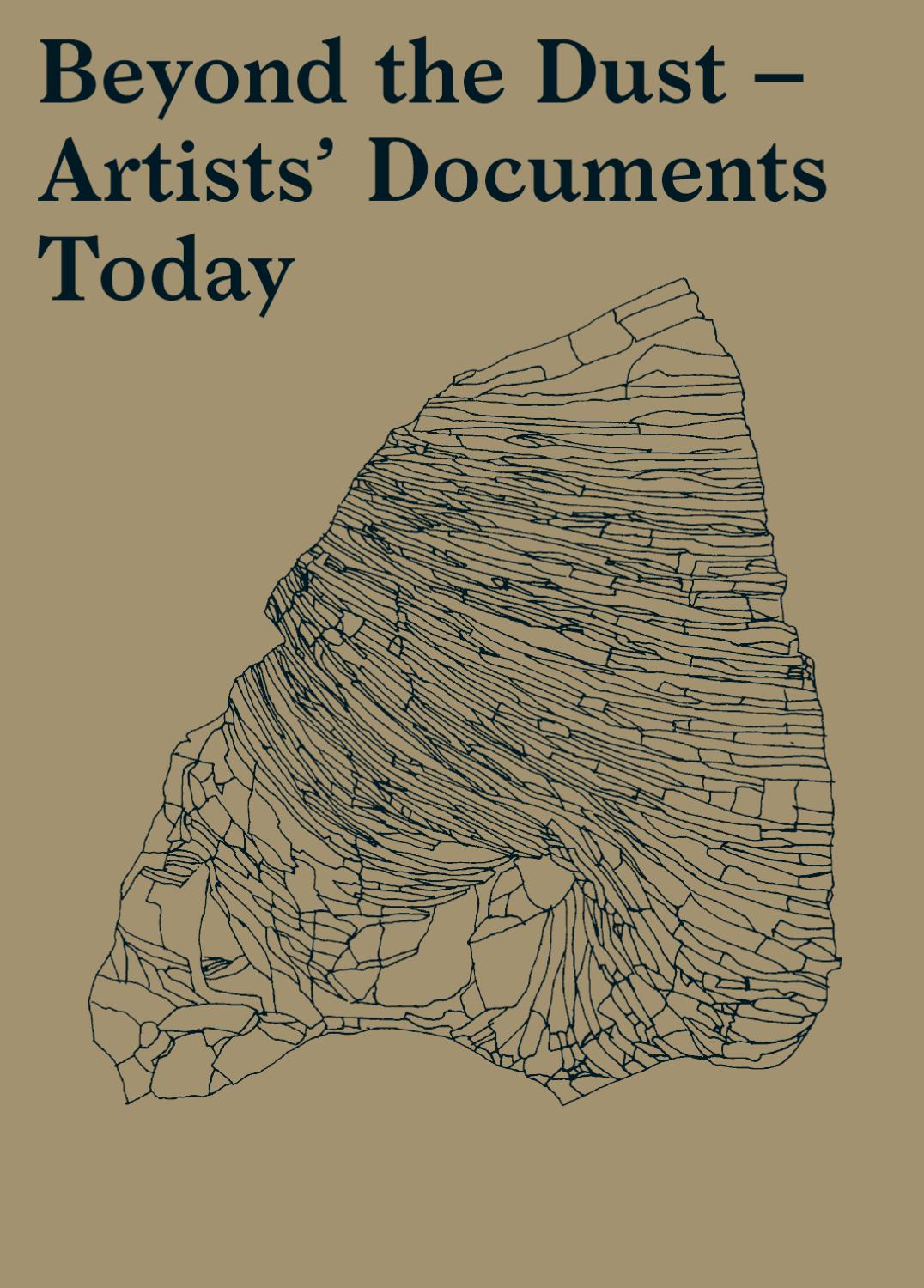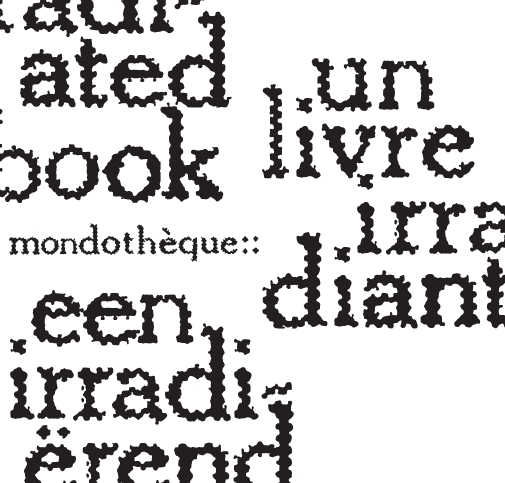Annet Dekker: Collecting and Conserving Net Art: Moving beyond Conventional Methods (2018)
Filed under book | Tags: · archive, archiving, art documentation, conservation, document, internet art, net art, networks, preservation, software, software art, web

“Collecting and Conserving Net Art explores the qualities and characteristics of net art and its influence on conservation practices. By addressing and answering some of the challenges facing net art and providing an exploration of its intersection with conservation, the book casts a new light on net art, conservation, curating and museum studies.
Viewing net art as a process rather than as a fixed object, the book considers how this is influenced by and executed through other systems and users. Arguing that these processes and networks are imbued with ambiguity, the book suggests that this is strategically used to create suspense, obfuscate existing systems and disrupt power structures. The rapid obsolescence of hardware and software, the existence of many net artworks within restricted platforms and the fact that artworks often act as assemblages that change or mutate, make net art a challenging case for conservation. Taking the performative and interpretive roles conservators play into account, the book demonstrates how practitioners can make more informed decisions when responding to, critically analyzing or working with net art, particularly software-based processes.
Collecting and Conserving Net Art is intended for researchers, academics and postgraduate students, especially those engaged in the study of museum studies, conservation and heritage studies, curatorial studies, digital art and art history. The book should also be interesting to professionals who are involved in the conservation and curation of digital arts, performance, media and software.”
Publisher Routledge, 2018
ISBN 9780815382416, 0815382413
x+192 pages
Beyond the Dust: Artists’ Documents Today (2011)
Filed under catalogue | Tags: · archive, art, document

Catalogue with artists’ contributions on the occasion of the group exhibition Beyond the Dust – Artists’ Documents Today, curated by Francesca di Nardo in collaboration with Lorenzo Benedetti. Featured artists reflect upon contemporary ways of understanding memory and notions of authenticity, fiction and forgery. Questions also re-examine the historical notion of archive resources being inextricably linked to historical truth.
With contributions by Linda Fregni Nagler, Mark Geffriaud, Invernomuto, Jeroen Kooijmans, Irene Kopelman, Benoît Maire, Diego Marcon, Clément Rodzielski, Roma Publications, Batia Suter, Richard Sympson, and Raphaël Zarka.
Edited by Roger Willems in collaboration with Gwenneth Boelens.
Publisher Roma Publications, Amsterdam, 2011
ISBN 9789077459560
209 pages
via publisher
Mondothèque: A Radiated Book / Un livre irradiant / Een irradiërend boek (2016) [EN, FR, NL]
Filed under book, wiki book | Tags: · architecture, archive, book, classification, data, document, google, internet, knowledge, library, web

“This Radiated Book started three years ago with an e-mail from the Mundaneum archive center in Mons, Belgium. It announced that Elio di Rupo, then prime minister of Belgium, was about to sign a collaboration agreement between the archive center and Google. The newsletter cited an article in the French newspaper Le Monde that coined the Mundaneum as ‘Google on paper’. It was our first encounter with many variations on the same theme.
The former mining area around Mons is also where Google has installed its largest datacenter in Europe, a result of negotiations by the same Di Rupo. Due to the re-branding of Paul Otlet as ‘founding father of the Internet’, Otlet’s oeuvre finally started to receive international attention. Local politicians wanting to transform the industrial heartland into a home for The Internet Age seized the moment and made the Mundaneum a central node in their campaigns. Google — grateful for discovering its posthumous francophone roots — sent chief evangelist Vint Cerf to the Mundaneum. Meanwhile, the archive center allowed the company to publish hundreds of documents on the website of Google Cultural Institute.
While the visual resemblance between a row of index drawers and a server park might not be a coincidence, it is something else to conflate the type of universalist knowledge project imagined by Paul Otlet and Henri Lafontaine with the enterprise of the search giant. The statement ‘Google on paper’ acted as a provocation, evoking other cases in other places where geographically situated histories are turned into advertising slogans, and cultural infrastructures pushed into the hands of global corporations.
An international band of artists, archivists and activists set out to unravel the many layers of this mesh. The direct comparison between the historical Mundaneum project and the mission of Alphabet Inc speaks of manipulative simplification on multiple levels, but to de-tangle its implications was easier said than done. Some of us were drawn in by misrepresentations of the oeuvre of Otlet himself, others felt the need to give an account of its Brussels’ roots, to re-insert the work of maintenance and caretaking into the his/story of founding fathers, or joined out of concern with the future of cultural institutions and libraries in digital times.” (from the Introduction)
Editorial team: André Castro, Sînziana Păltineanu, Dennis Pohl, Dick Reckard, Natacha Roussel, Femke Snelting, Alexia de Visscher
Publisher Constant, Brussels, Sep 2016
Free Art License 1.3
ISBN 9789081145954, 9081145959
225 pages
HTML (updated on 2019-5-31)
Git
PDF, PDF (43 MB)

